
The Scottish Government is the devolved government of Scotland. It was formed in 1999 as the Scottish Executive following the 1997 referendum on Scottish devolution. It has the responsibility for the economy of Scotland, the educational system in Scotland, health care, justice, Scots law, rural affairs, housing, environment, equal opportunities, the transportation network and tax, amongst others.
The Law Officers are the senior legal advisors to His Majesty's Government of the United Kingdom and devolved governments of Northern Ireland, Scotland and Wales. They are variously referred to as the Attorney General, Solicitor General, Lord Advocate, or Advocate General depending on seniority and geography - though other terms are also in use, such as the Counsel General for Wales. Law Officers in these roles are distinguished by being political appointees, while also being bound by the duties of independence, justice and confidentiality among the other typical professional commitments of lawyers. These roles do not have any direct oversight of prosecutions nor do they directly lead or influence criminal investigations. This is a distinguishing factor between Law Officers and the State Attorneys General of the United States or US Attorney General.
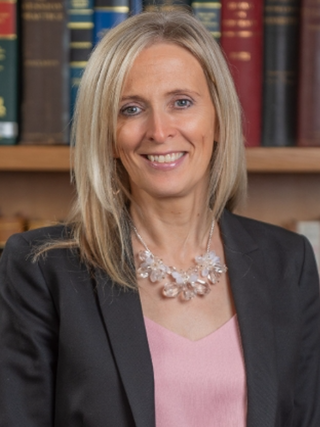
His Majesty's Solicitor General for Scotland is one of the Law Officers of the Crown, and the deputy of the Lord Advocate, whose duty is to advise the Scottish Government on Scots Law. They are also responsible for the Crown Office and Procurator Fiscal Service which together constitute the Criminal Prosecution Service in Scotland.

The Lord Justice Clerk is the second most senior judge in Scotland, after the Lord President of the Court of Session. The current Lord Justice Clerk is Leeona Dorrian, Lady Dorrian, who was appointed to the position on 13 April 2016.

The Crown Office and Procurator Fiscal Service is the independent public prosecution service for Scotland, and is a Ministerial Department of the Scottish Government. The department is headed by His Majesty's Lord Advocate, who under the Scottish legal system is responsible for prosecution, along with the sheriffdom procurators fiscal. In Scotland, virtually all prosecution of criminal offences is undertaken by the Crown. Private prosecutions are extremely rare.

The office of Lord Clerk Register is the oldest remaining Great Officer of State in Scotland, with origins in the 13th century. It historically had important functions in relation to the maintenance and care of the public records of Scotland. Today these duties are administered by the Keeper of the National Records of Scotland and the Keeper of the Registers of Scotland. When established originally in the 13th century, the office of Lord Clerk Register was mostly a clerical office role, but by the 15th century, the Clerk Register had become an officer of state with a seat in the Parliament of Scotland.

Lady Elish Frances Angiolini is a Scottish lawyer who currently serves as Lord Clerk Register. She was the Lord Advocate of Scotland from 2006 until 2011, having previously been Solicitor General since 2001. She was the first woman, the first procurator fiscal, and the first solicitor to hold either post. Since September 2012, Angiolini has been the Principal of St Hugh's College, Oxford. She has been a pro-vice-chancellor of the University of Oxford since 2017 and is an Honorary Professor of the Chinese University of Hong Kong. She also served as Chancellor of University of the West of Scotland from 2013 to 2021. Since leaving office she has led several investigations and inquiries, including a review of deaths in police custody commissioned by the then-Home Secretary Theresa May. In June 2022, she was appointed a Lady of the Order of the Thistle by Queen Elizabeth II; she is currently the only non-royal woman appointed to the order. In June 2023, she was appointed to the office of Lord Clerk Register by King Charles III, the first woman to hold the role since its creation in the 13th century.
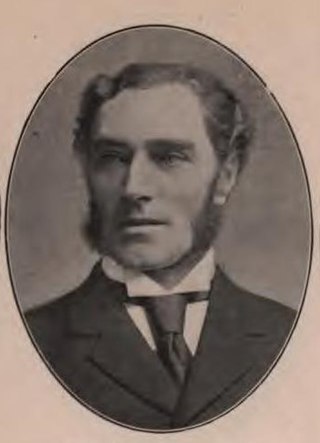
Charles John Pearson, Lord Pearson was a Scottish politician and judge who rose to be a Senator of the College of Justice.
James Moncreiff, 1st Baron Moncreiff was a Scottish lawyer and politician.
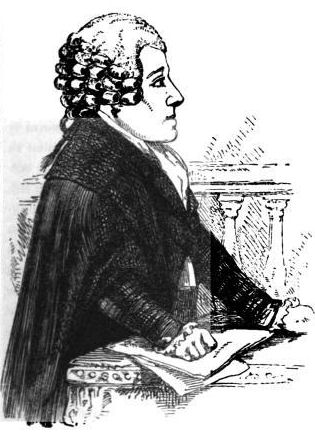
Robert Dundas of Arniston was a Scottish judge.

A procurator fiscal, sometimes called PF or fiscal, is a public prosecutor in Scotland, who has the power to impose fiscal fines. They investigate all sudden and suspicious deaths in Scotland, conduct fatal accident inquiries and handle criminal complaints against the police. They also receive reports from specialist reporting agencies such as His Majesty's Revenue and Customs.

The College of Justice includes the Supreme Courts of Scotland, and its associated bodies.
The King's and Lord Treasurer's Remembrancer is an officer in Scotland who represents the Crown's interests in bona vacantia, ultimus haeres and treasure trove.

Francis Mulholland, Lord Mulholland, is a Scottish judge who has been a Senator of the College of Justice since 2016. He previously served from 2011 to 2016 as Lord Advocate, one of the Great Officers of State of Scotland and the country's chief Law Officer, and as Solicitor General, the junior Law Officer.

The Court of the Lord Lyon, or Lyon Court, is a standing court of law, based in New Register House in Edinburgh, which regulates heraldry in Scotland. The Lyon Court maintains the register of grants of arms, known as the Public Register of All Arms and Bearings in Scotland, as well as records of genealogies.

Scots law is the legal system of Scotland. It is a hybrid or mixed legal system containing civil law and common law elements, that traces its roots to a number of different historical sources. Together with English law and Northern Irish law, it is one of the three legal systems of the United Kingdom. Scots law recognises four sources of law: legislation, legal precedent, specific academic writings, and custom. Legislation affecting Scotland and Scots law is passed by the Scottish Parliament on all areas of devolved responsibility, and the United Kingdom Parliament on reserved matters. Some legislation passed by the pre-1707 Parliament of Scotland is still also valid.
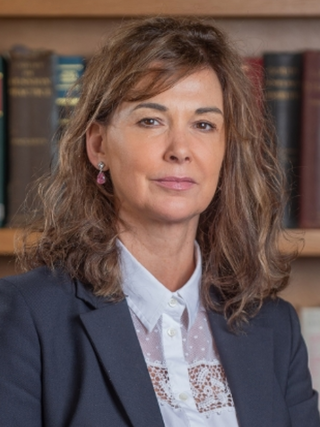
Dorothy Ruth Bain is a Scottish advocate who has served as Lord Advocate since 2021. She is the second woman to hold the office after Lady Elish Angiolini KC. Bain previously served as the Principal Advocate Depute from 2009 to 2011, the first woman to hold the prosecutorial position in Scotland.
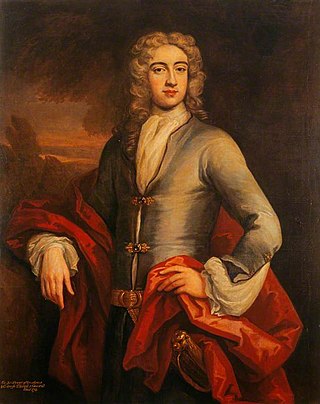
Sir James Stewart, 1st Baronet was a Scottish lawyer and politician.
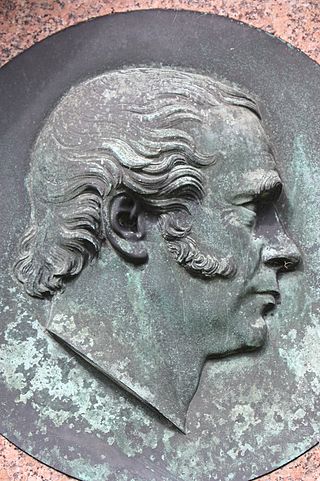
Sir James Wellwood Moncreiff, 9th Baronet, with the judicial title Lord Moncreiff (1776–1851) was a Scottish lawyer and judge.


























